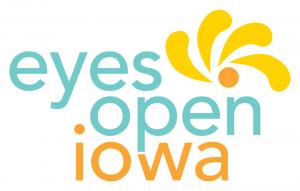Long-acting reversible contraceptive (LARC) methods have the potential to significantly reduce unintended pregnancy among young people. However, misconceptions related to LARC methods and their use by adolescents has prevented young people from receiving adequate information about LARCs. In this training, facilitators use learner-centered, interactive techniques to discuss the rationale and research base for providing LARC information to young people. Participants review the most up-to-date clinical information about LARC methods and build their capacity to implement health promotion strategies related to LARCs.
Objectives of this training:
- State the rationale and research base for adolescent use of long-acting reversible contraception.
- Distinguish myths and misconceptions about adolescent use of long-acting reversible contraception.
- Describe four types of long-acting reversible contraception and their advantages for adolescents and young adults.
- Apply LARC-related health promotion strategies to existing programs.
Visit ETR's Training & TA Form to submit your request and receive cost information.




